8 October, 2020
How to Heal Food Sensitivities from the Roots
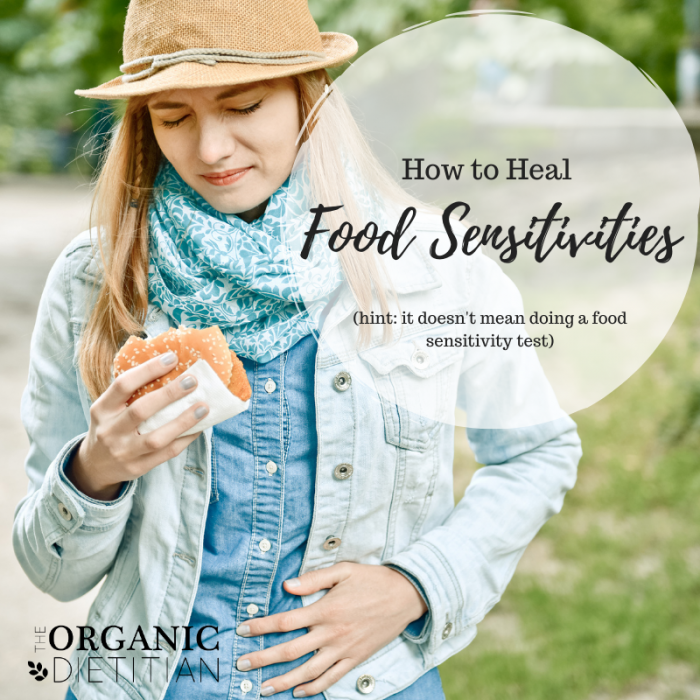
Do you struggle with food sensitivities?
Quite a few? Maybe they’ve developed seemingly out of the blue over the years?
Or are you removing more and more foods in an effort to figure out what’s triggering your digestive issues and symptoms?
I hear this all too often — women who are eating only a small, select group of foods because it’s all they seem to tolerate.
OR women who have developed a fear of food because they blame their symptoms on what they eat, or they seem to react to almost everything they eat.
But it doesn’t have to be this way! Food sensitivities can be overcome and healed, but we need to look to the root causes in order to properly do so.
Related: Common Causes of Stomach Bloating + 5 First Steps to Beat the Bloat
What is food sensitivity?
A food sensitivity is a reaction to food that triggers an immune response.
It’s important to know that a food sensitivity is very different from a true food allergy.
FOOD SENSITIVITY VS. FOOD ALLERGY
Food allergies trigger an IgE immune response.
IgE reactions typically present themselves immediately and can be very serious, potentially life-threatening. Symptoms most commonly include tingling or itching in the mouth, hives, swelling, wheezing, and vomiting. Almost always, food allergens will need to be avoided for life.
The most common foods that elicit this IgE allergic response are:
- Peanuts
- Shellfish
- Eggs
- Dairy
- Soy
- Tree nuts
- Wheat
Whereas IgE reactions to true food allergies are typically immediate, the response time to a food sensitivity ranges from one hour to up to two days. (Yes, this can make identifying which food to which you have a sensitivity quite difficult!)
SYMPTOMS OF FOOD SENSITIVITY [H3]
Symptoms of food sensitivity include:
- Nausea
- Stomach pain
- Gas, cramps, or bloating
- Heartburn
- Diarrhea
- Headaches
- Brain fog or lack of concentration
- Anxiety, irritability, or nervousness
- Sleep disturbances
- Skin reactions such as eczema
- And much MORE
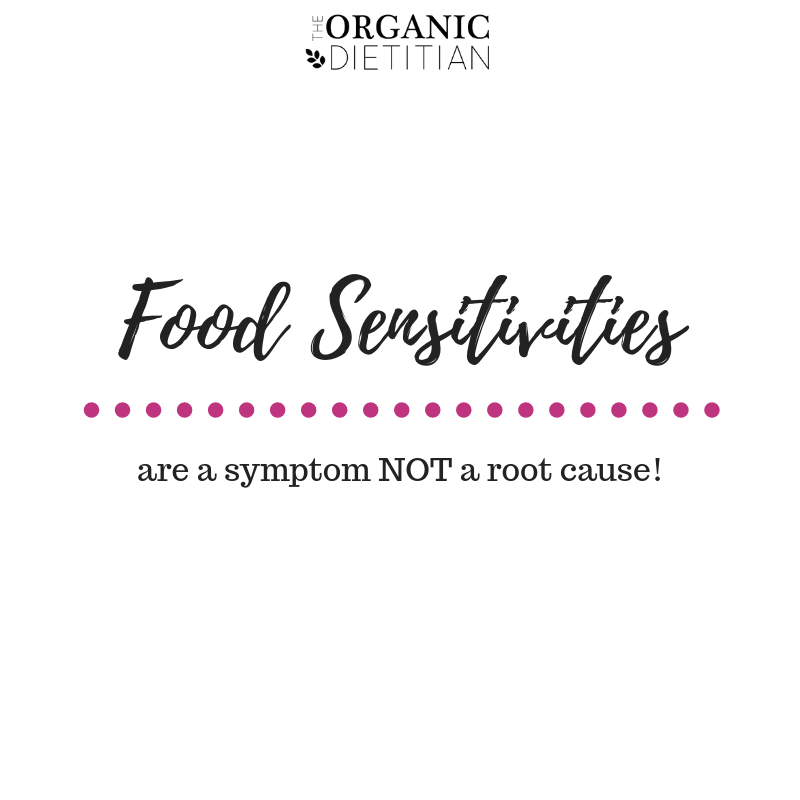
What causes food sensitivities?
As always, the answer to this question is the key to healing and overcoming food sensitivities.
Because food sensitivities are a symptom, not a root cause.
Food sensitivities aren’t caused by the food itself but rather something deeper that’s compromising the health of your digestive system.
So simply taking a food intolerance test and removing your “trigger foods” can cause you to miss out on a BIG opportunity to heal the root cause of your food sensitivities… root causes that are likely contributing to other symptoms as well!
Plus, when you work to address and heal these root causes, there’s a very good chance that you’ll be able to reintroduce that food in the future with no reaction (yes!).
LEAKY GUT AND FOOD SENSITIVITIES
Intestinal permeability, or leaky gut, is a condition where the cells of your intestines are no longer joined together properly. This allows large molecules like bacteria or undigested food particles to pass into your bloodstream.
“Leaky gut” or increased intestinal permeability is a very common condition where the spaces between the cells of the intestines become larger. When this happens, toxins and undigested food particles are able to travel through the intestinal lining and into the bloodstream.
The body then launches an immune attack, accompanied by inflammation. This can lead to a number of health issues from food intolerances to acne and eczema.
Related: 7 Root Causes of Eczema + How to Start Healing Your Skin from Within
WHAT CAUSES LEAKY GUT?
There are a number of different contributors to leaky gut:
- Gut infections and parasites
- Stress
- Hormonal birth control
- Nonsteroidal anti-inflammatory drugs / NSAIDS (Asprin, ibuprofen, naproxen, diclofenac)
- Excessive sugar intake
- Digestive enzyme insufficiency
- Toxins like mold or heavy metals
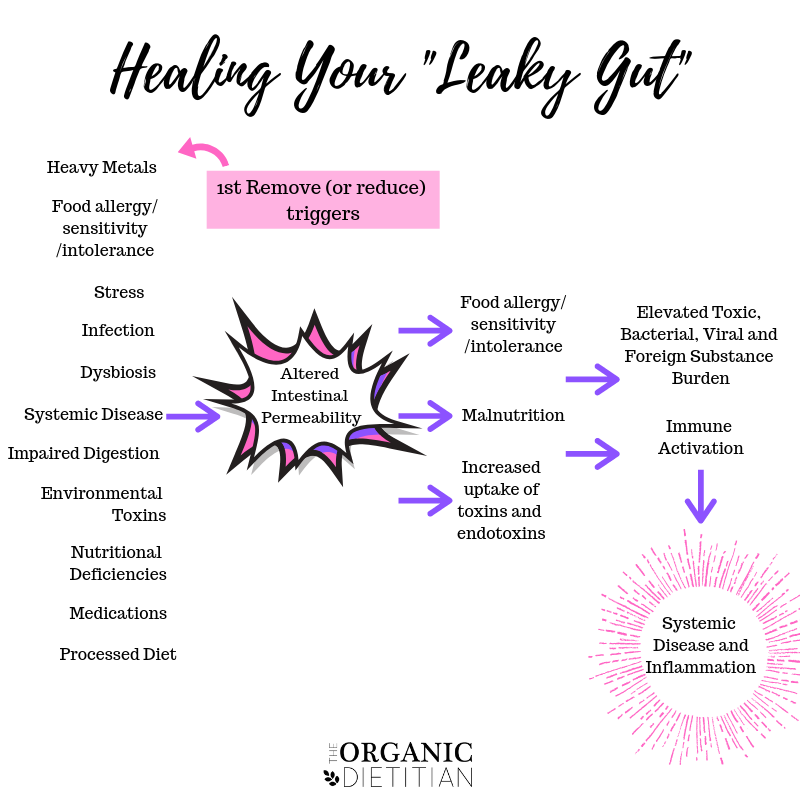
Limitations of food sensitivity testing.
As a Functional Dietitian, I believe in testing, not guessing along with taking a detailed health history from clients. So it may be a surprise that I’m not the biggest fan of food intolerance testing as a first step in addressing symptoms!
Food intolerance testing can be helpful in some unique circumstances, but it’s often limited, expensive and can even be harmful. For example, it often only tests IgG antibodies. There are actually numerous ways that your body can react to a food including IgA and IgM antibodies. Histamine reactions are another nonallergenic compound in foods that an cause reactions that won’t show up on a test.
But eating certain foods can often increase the presents of IgG antibodies which can be a sign of tolerance not sensitivity (study).
There is more to food reactions than just the immune system; we must consider how much certain foods feed bacteria and fungus. We can also react to foods that feed bacteria or fungus and cause certain symptoms. These types of reactions aren’t immune related so wouldn’t be able to show up on any test.
Food sensitivity testing also can’t determine how foods will impact your blood sugar which is also one important consideration when it comes to what you should eat to support health (including the health of your gut).
Also, you may react differently to the same food when it’s raw versus cooked because the protein structure changes, and tests don’t take this into account. So you may end up unnecessarily take nutrient dense foods out of your diet.
Finally, those who have gut inflammation may feel worse if they consume high amounts of fiber or raw foods, as the roughage can be like sandpaper to the gut and contribute to more irritation. No food sensitivity test will determine if the fiber is contributing to problems.
I also often see clients develop disordered eating or food fear when relying too heavily on food sensitivity results which ultimately ends up doing more harm than good. Just because a test indicated you react to a food doesn’t mean you do based on the above points. Plus food sensitivities can change over time if you aren’t addressing the root causes. It isn’t the foods fault if you are eating nutrient dense versions.
Most often, a complete elimination diet is still necessary in addition to removing those foods identified as problematic through the test.
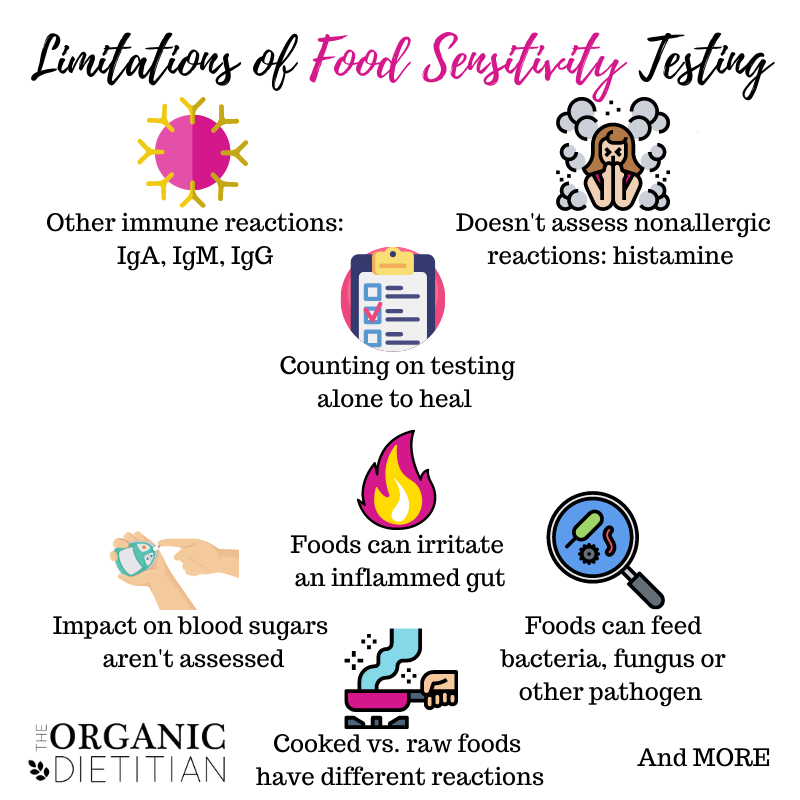
So how can you heal food sensitivities from the roots?
FOCUS ON GUT HEALING
As we’ve discussed, food intolerances are symptoms of deeper-rooted digestive issues that contribute to leaky gut (study).
So in order to overcome and heal food sensitivities, we must address and heal these deeper-rooted digestive issues and the gut lining.
This does require you to remove those foods to which you’ve developed a sensitivity for a period of time while you focus on gut healing, so as not to cause any more inflammation and stall progress.
Supplements and certain key superfoods are also incredibly helpful in not just repairing the integrity of the gut lining, but also addressing any deeper-rooted issues like gut infections, parasites, mold, stress or toxins.
KEEP A FOOD JOURNAL
Now I am not saying that food sensitivities aren’t real. Certain foods can absolutely contribute to symptoms for many, however the big points I am making here are: it isn’t just about the food, food sensitivities are a symptom not a cause, we can’t just rely on food sensitivity testing to fix the issues, and healing goes so much deeper then this one area.
The best food sensitivity tests out there (and even those aren’t perfect) are really expensive so instead start with a food journal. Tracking what you eat and what symptoms you experiences to look for trends. Remember it can take days to notice symptoms.
This can help you find short term relief while you work on the underlying root causes. Remember eliminating foods (especially a lot of them) should be more of a short term tool.
WORK WITH A QUALIFIED PRACTITIONER
How can you pinpoint the root causes of your leaky gut and food sensitivities?
This is when testing comes into the picture!
So even more valuable than food intolerance testing is a comprehensive gut health analysis like the GI Map, which we use with each and every one of our clients.
But remember no test is perfect and you can’t expect just to run one test and fix all your problems. Healing the root takes time, patience, and a lot of work on all areas of your life including diet, emotional health, lifestyle, stress, toxins, sleep, and more.
Identifying and addressing the root causes of your symptoms can be challenging on your own. For some women, it can take years. (I speak from personal experience here.) Working with a qualified practitioner accelerates progress exponentially, taking all of the guesswork out of the equation.
Ready to say “yes” to better health and “goodbye” to nagging digestive symptoms once and for all? Ready to identify and heal the root causes of your food sensitivities so you can one day enjoy these foods again, reaction free? Ready to stop the frustration? Let food fear and worrying about food causing you symptoms be a thing of the past!
Book your breakthrough session to discuss if our program is right for you and to learn how we may be able to help. See what our clients say about working with us on our Testimonials page.
CLICK THE BUTTON BELOW TO APPLY TO WORK WITH US
As a Registered Dietitian and Functional Diagnostic Nutrition Practitioner, my team and I help clients get proper testing, assist in the process of reading those results using clinical correlation (treating the patient and not just the test results), and give them the proper tools (diet, supplements, and lifestyle) to transform their health.






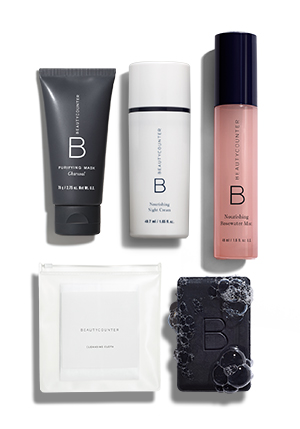








 80% of chronic dis-ease is rooted in stre
80% of chronic dis-ease is rooted in stre
 As
As 

Your article is very informative and it makes me think twice about the reason I cant seem to loose the weight. I eat right/heathy 90% of the time, exercise, sleep well, poop daily, but the weight still there. I am going to stop consuming eggs and dairy and see if this works.
There are many possible reasons for trouble loosing weight…and even if you were sensitive to foods they are more of a symptom than a root cause. Maybe also check this article out….https://theorganicdietitian.com/7-reasons-youre-struggling-to-lose-weight/